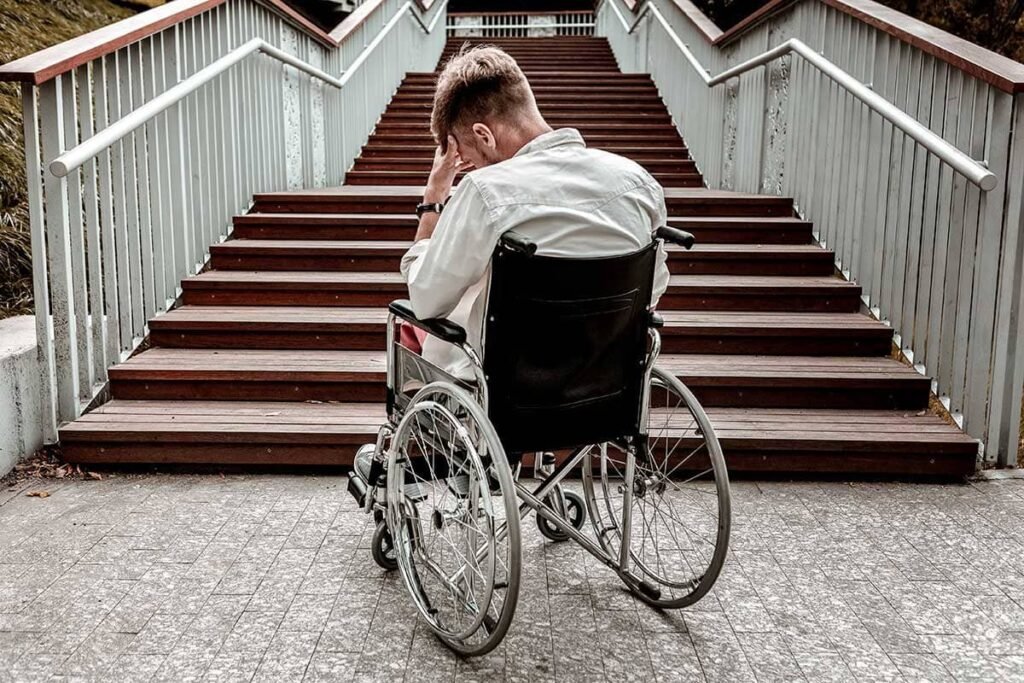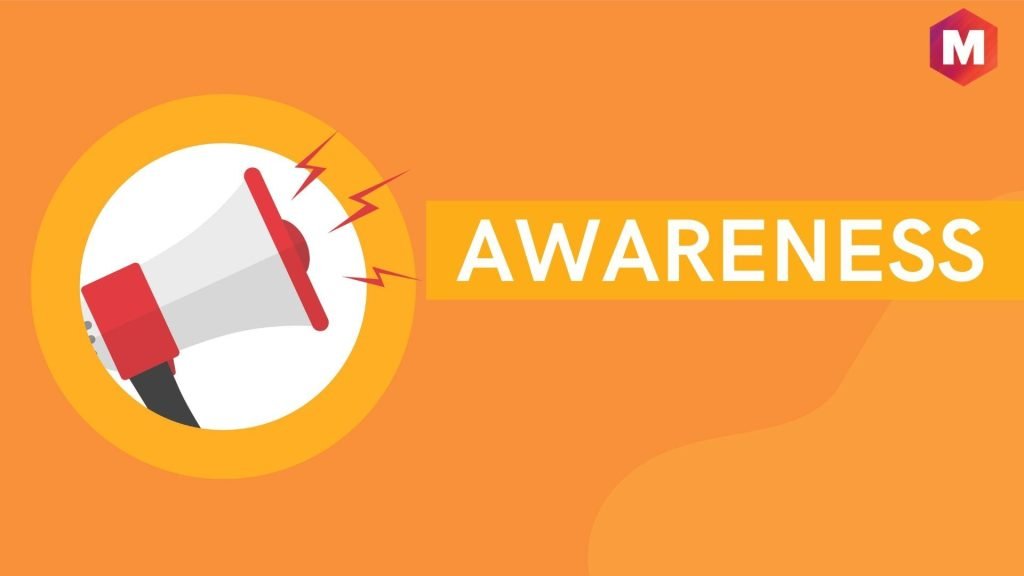Another question that is regularly asked is if the organization’s officials do not have the appropriate qualifications working on the ground, how can they pursue to gain further disabled rights? This is an excellent question with a simple answer because we have Personal Experience.
What is personal experience like for a disabled person?
If we stick to Personal experience, a person with a disability faces more political, sociological, and psychological hurdles around them. There are two phases that we should focus on, which can be divided into the learning and communication phases.
The Learning phase involves the individual’s socialization: can they play and communicate and imitate the actions of their mother? Parenting experiment. Like any mother, parents would enjoy speaking with their children: but the mother might get rejected by their family for bearing a disabled (special child) in Pakistan[1]. Farhad (1999) says, ‘Educational opportunities for children with disabilities in Pakistan and Bangladesh are seen in the context of the countries’ religious, cultural and economic development. The reason is that people do not want to accept the abnormality that they perceive [2]. Abnormality in Pakistan is often linked to disability because the notion of Parsons with Disabilities being accepted was very limited in the 90s, the generation of disabled people we focus on at home. However, that abnormality is now being challenged by disabled persons, including our partner organizations like STEP and the Hashoo Foundation in the Southern region of Pakistan and more due to social media, a positive aspect of it. Another surprise that data shows from Farhad’s work is that based on the data collected by Akbar (1989) and Richter (1996), GBGM can confirm that special education was not a priority for the government as in the south, data shows that in the 1990s there were only 210 schools in the whole of Pakistan [3].
Moving on to the communication phase, in the same article compiled by Farhad (1999), Malik 1998 states that the parents and relatives consider the disabled as an economic liability and curse of God. Government functionaries take them to be nincompoop parasites. For the general public, they are a nuisance. The disabled themselves are unaccepted by society, lose confidence in their faculties, lose self-respect, and consider themselves fit for dependence upon others and beggary. GBGM has to struggle with this. We are constantly critiqued for not being qualified like others, but is it our fault that the public does not realize it? Even the parents are pressured continuously for not accepting their disabled child. That’s why disabled people are stuck in this limbo of the communication phase, and some teenagers and adults might end up like Genie.
People have to realize that qualifications only get you so much: it is the personal experience, to add the emotions, distress and feelings that only make us more resilient as an organization. This has encouraged our ambitions to strive and struggle for our rights: whether one is living in Glasgow or Gilgit. As a team we have to work to improve the communication phase, whereby more disabled adults can use our skill development facilities.
[1] Using the Urdu Slang
[2] Ibid
[3] Gilgit Baltistan was under the state subject rule of the federal government then.


